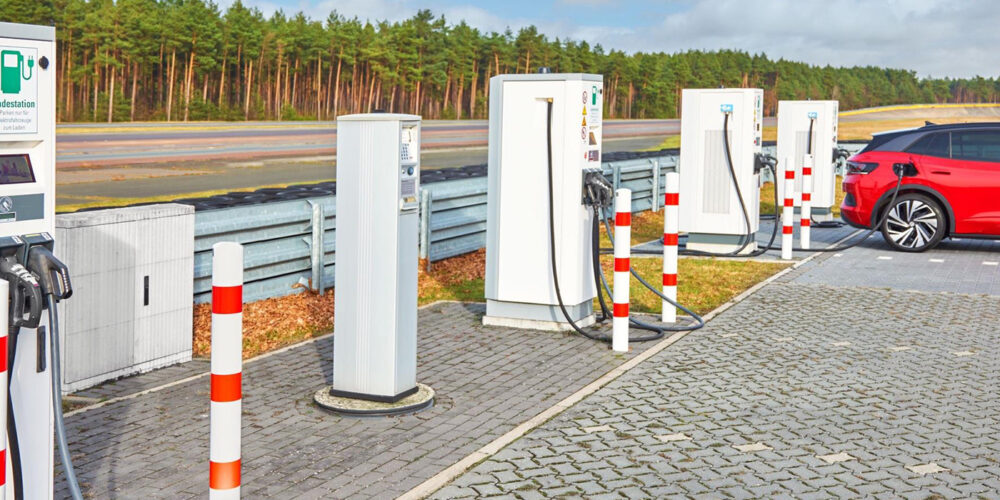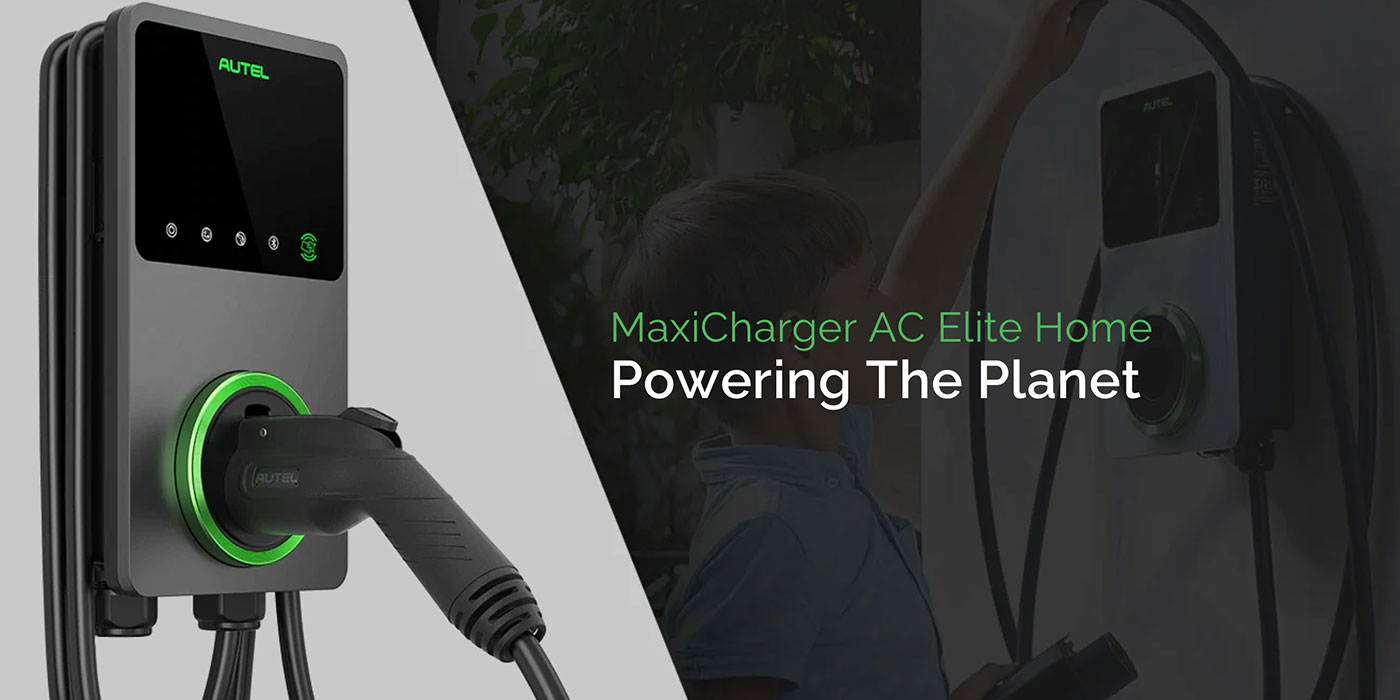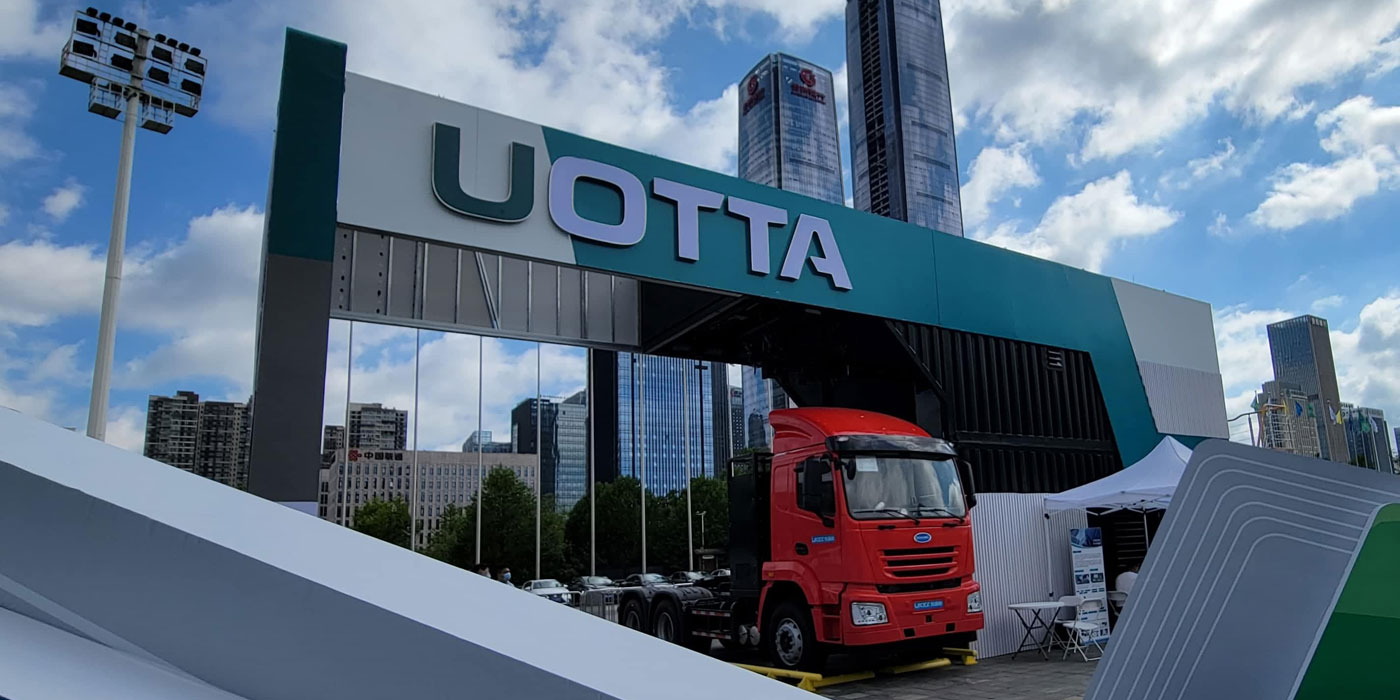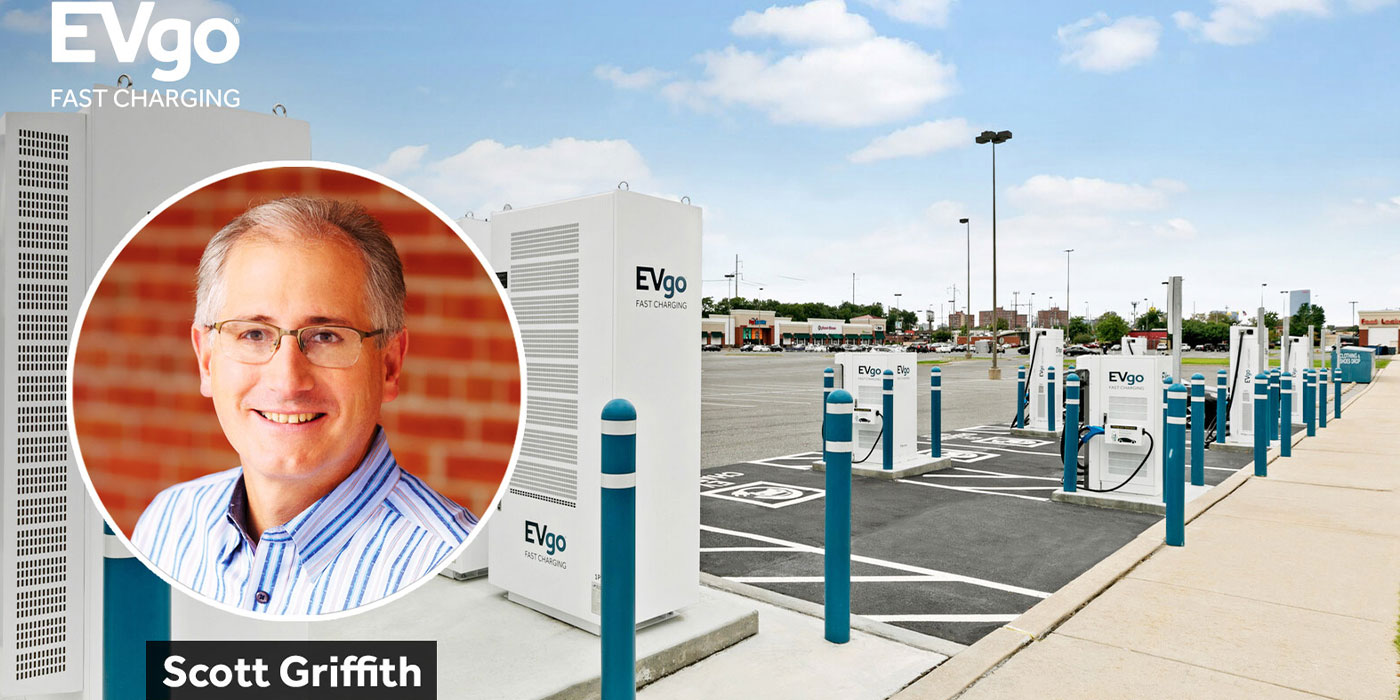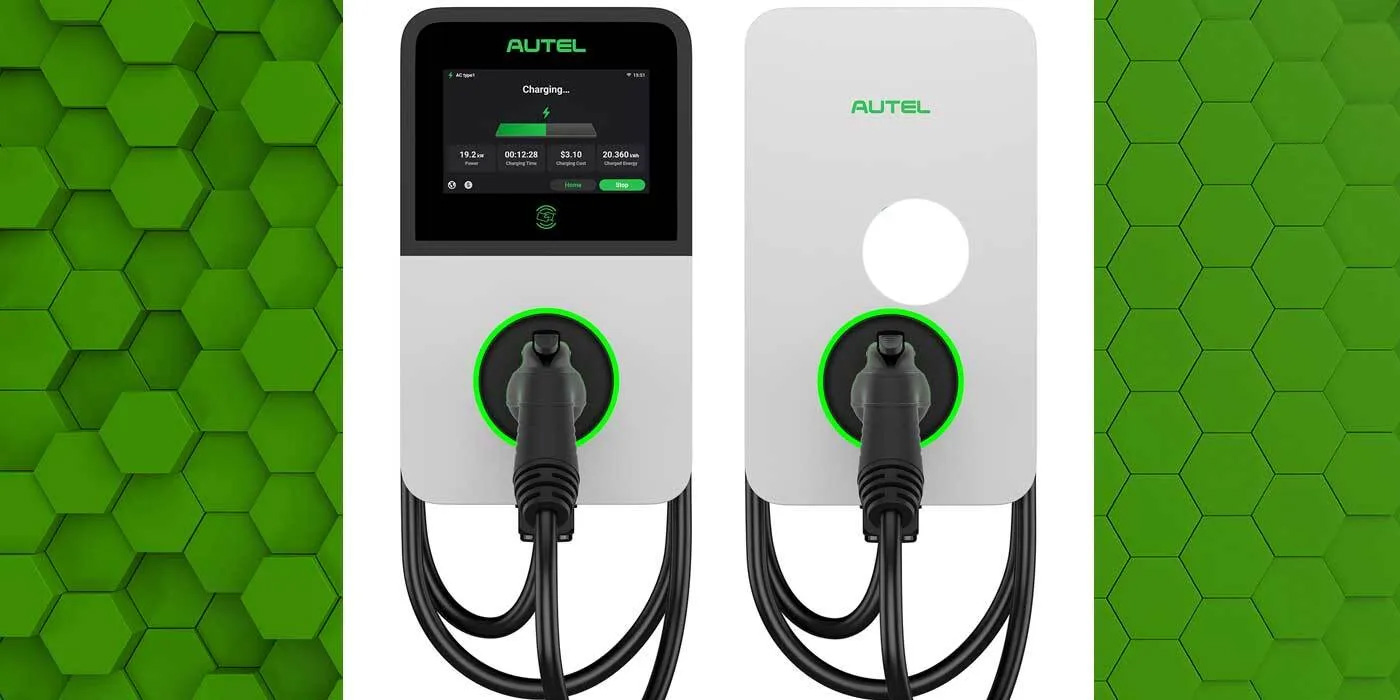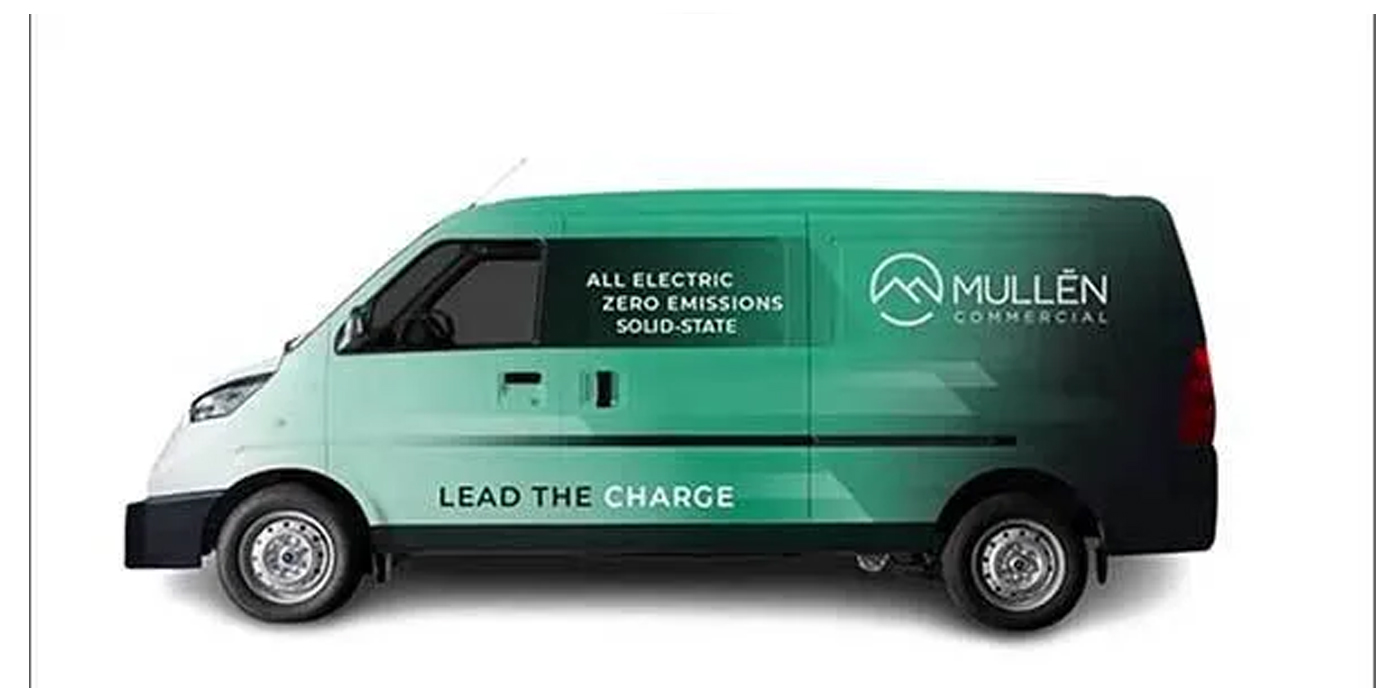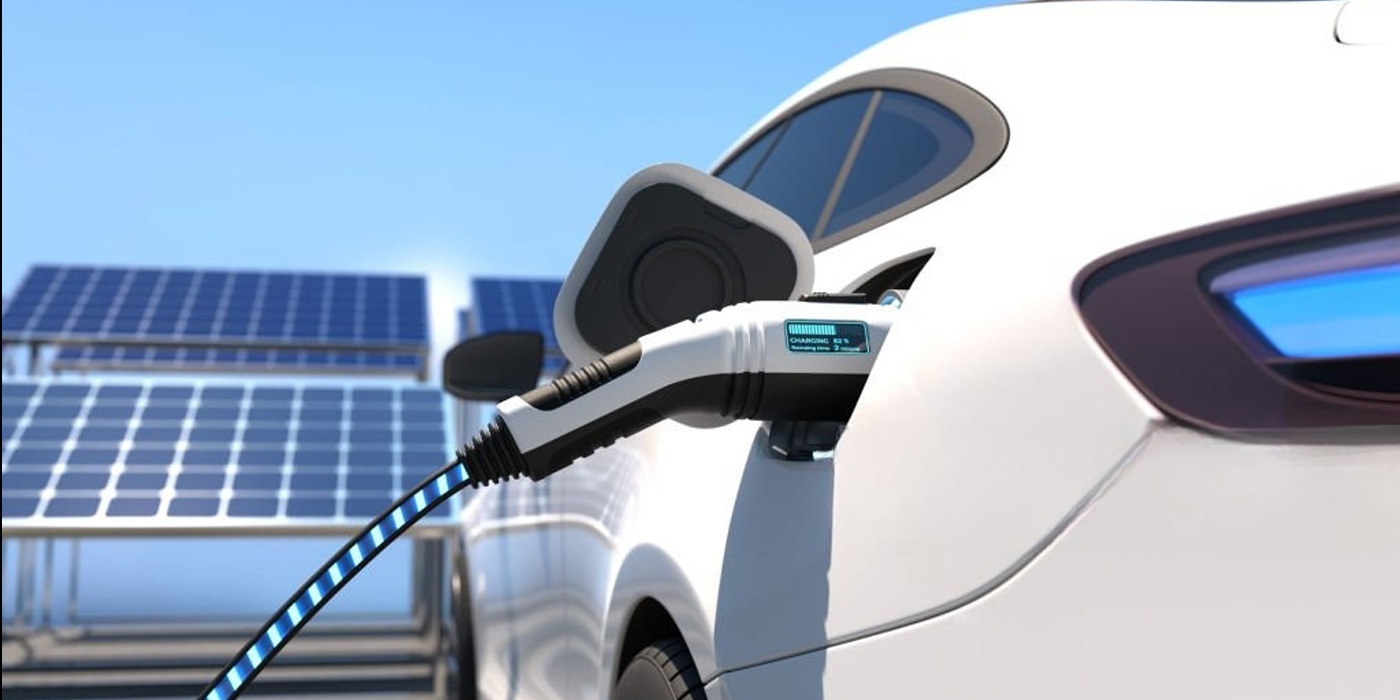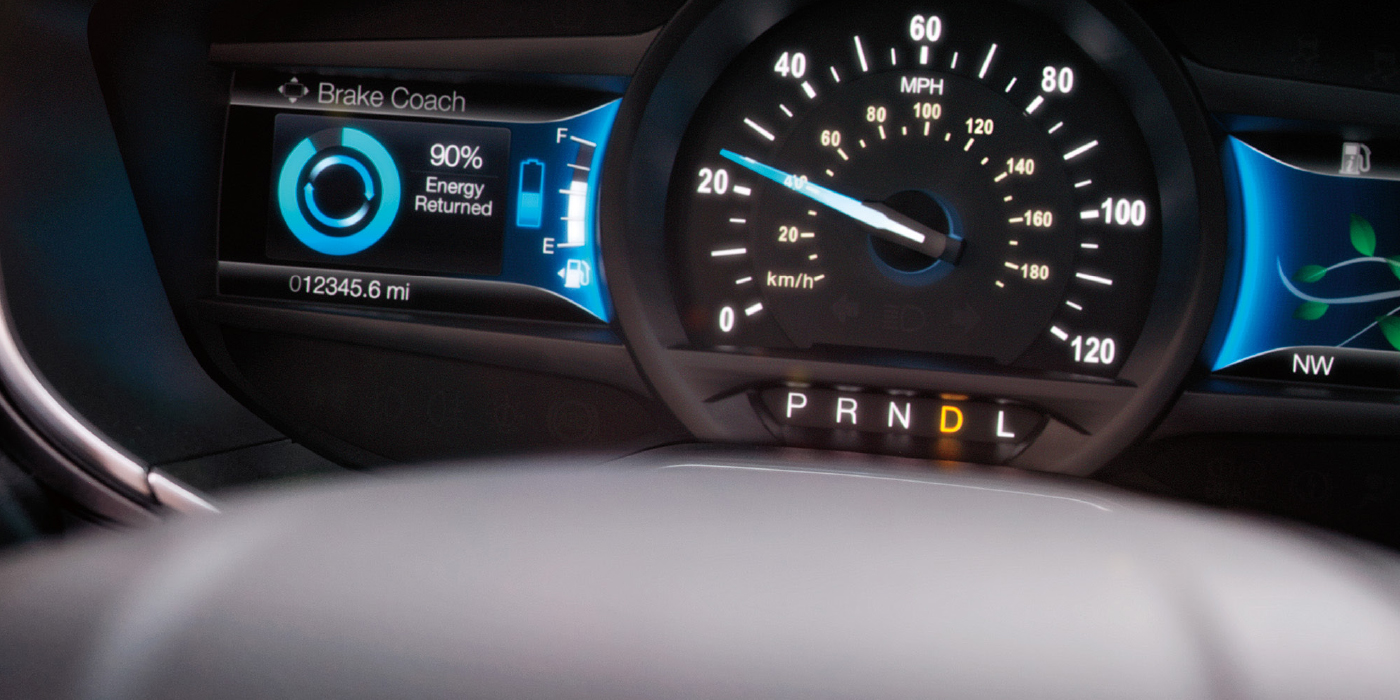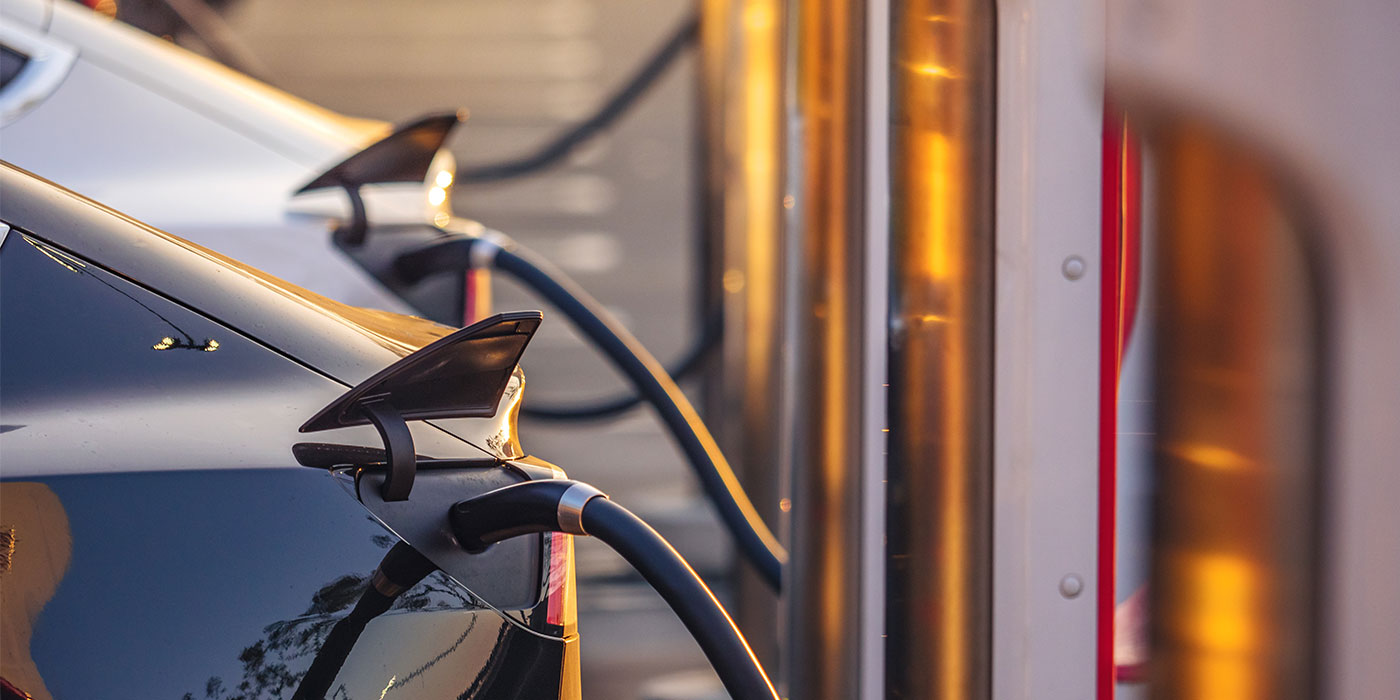Continental announced it expanded its electric vehicle (EV) charging infrastructure at its three company-owned test sites in Arvidsjaur (Sweden), Jeversen (Germany) and Uvalde (USA). The charging infrastructure at the Contidrom proving ground in Jeversen near Hanover underwent significant expansion and is located very close to Continental Tires’ global R&D center, the company says.
With the rise of electric transportation over the years, the number of EV tire tests has also increased, according to Continental.
“We supply nine of the world’s 10 highest-volume manufacturers of electric vehicles with our tires as original equipment (OE),” said Wolfgang Rötter, head of the Contidrom proving ground. “Electro-mobility is impossible without charging stations. We are continuously upgrading our charging capacities so that we can perform even more tests for EVs. This applies as much to electric cars as it does to electric trucks and buses.”
Continental said the tests it performs sometimes require hours of uninterrupted driving on different sections of the track such as the wet or dry handling courses. This year will see a new transformer station go online at the Contidrom that will supply enough energy for eight additional twin rapid charging stations – converted to kilowatts, this equates to a maximum available charging capacity of more than 2,000 kilowatts per hour, according to Continental.
The charging infrastructure, according to Continental, at test sites in Uvalde and Arvidsjaur is also being upgraded to accommodate the ever-increasing number of tire tests for EVs. Arvidsjaur, for example, now has eight charging stations. In addition, two rapid charging stations each supplying 180 kilowatts of power ensure that electric vehicles can be recharged extremely quickly. The number of charging stations in Uvalde is also set to be increased in the future.
Continental says it upgraded its entire tire portfolio in line with the requirements of electric and hybrid vehicles to achieve lower rolling resistance, low rolling noise and long service lives, “with zero compromises on safety.” By the end of 2022, the company said it implemented around 450 homologation projects for customers and their EVs.

